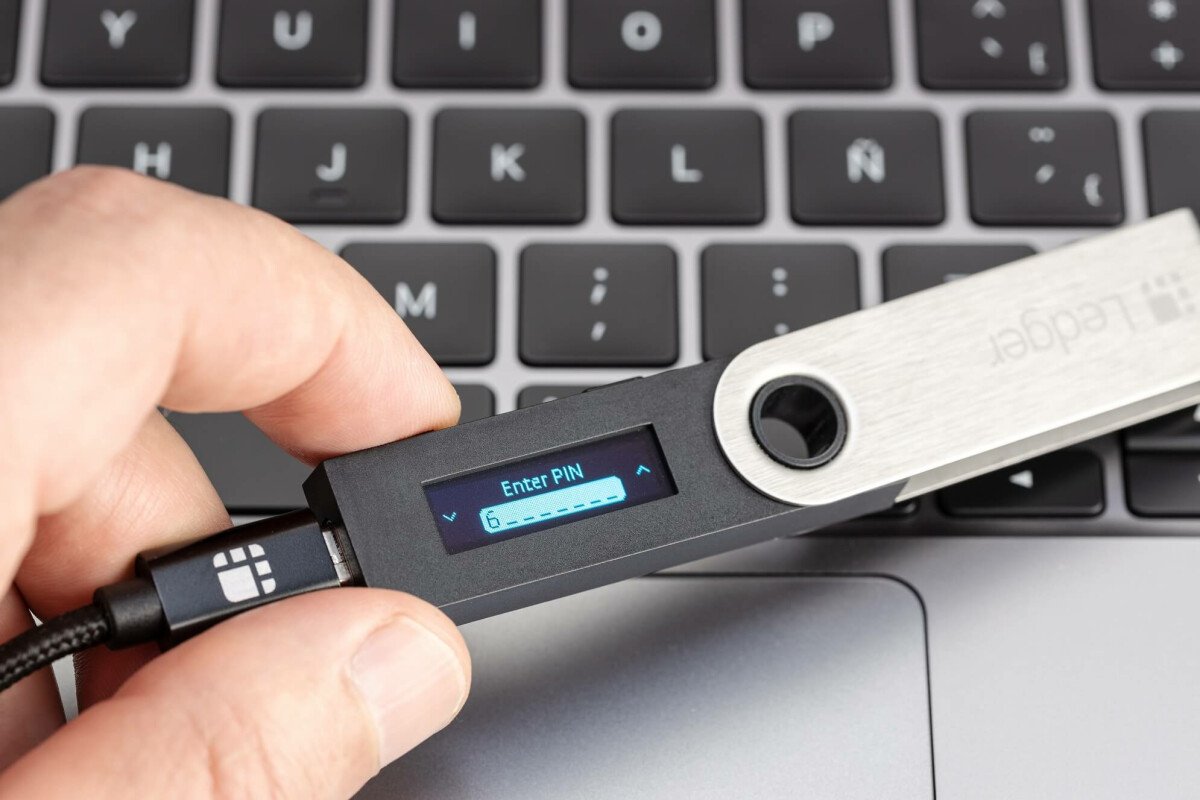NFTs are reshaping the way we buy real estate
The process of buying a home, especially in this economy, can be a real headache. Finding your ideal graves is only step one in the arduous process. You have to worry about back-end paperwork, the initial offer, closing costs and much more. It can take up to two years to arrive at the closing cost, and you may still have problems on the day you plan to close on the property. But what if there was a way to bypass all that back-and-forth headache and easily buy a property? What if you could buy a property with the click of a button on your iPhone? Or what if you could easily buy real estate with the same ease as filling up your Amazon cart (no judgement) and get next day delivery? Well, that reality may be closer than you think thanks to NFTs.
NFTs are non-fungible tokens that are backed by blockchain technology, meaning they are one of one. They cannot be changed, and their transaction details (creator, buyer, how much it was bought for, and more) are digitally and automatically documented. Traditionally, they have been used to sell physical and digital art by giving not only the art itself, but actual ownership to the consumer. NFTs gained mass popularity last year with the boom of the Bored Ape and CryptoPunks projects. But since then, its use has expanded to many other areas, including real estate.
One way NFTs are used in real estate is through fractional ownership. Consumers can buy NFTs and receive partial rights to a property. This is a great way for first-time buyers or early investors to try their hand without having to pay the entire down payment for a home. Those who buy parts of NFTs can receive a number of benefits beyond the asset value, such as rental income, profit sharing or capital growth on sale. This type of ownership also allows for the sale of property without an intermediary or estate agent. Along with cutting down the time it would take to transfer rights – it would happen automatically thanks to blockchain technology – people would also be able to get equity without having to borrow money from the bank for a mortgage.
While the idea of unlocking equity with ease sounds great, there are some flaws in the system. Who will be considered the rightful owner of the property? If the person who owns the most NFTs is considered the owner, it could put current tenants at risk. On the flip side, if the token holders are not the actual owners, the tenant can essentially stay in the property forever and the token holders will not get the full capital benefit. The purpose of NFTs is to cut out the middle man, but if there are multiple investors involved in a property, doesn’t there need to be someone managing it?
While the technology is still being refined, companies like Roofstock are partnering with Origin Protocol to make real estate NFTs as seamless as possible. They recently launched Roofstock onChain to profile on-chain transactions representing NFTs. One of their biggest goals is to cut down on the high brokerage fees associated with traditional real estate. They recognize that an intermediary or agent of some kind will still be needed to provide information about the property to the consumer, but together with their technology, the process can be much faster.
Fractional ownership is not the only option with non-fungible tokens. You can also buy a whole house from buying one NFT. Earlier this year, a home in Florida was auctioned off as an NFT and sold for over $650,000. The rights were minted as a non-fungible token, cutting down the closing time and the NFT holder now owns the property through an LLC that holds the NFT. The sale was conducted by Propy, a blockchain real estate startup that does not limit its operations to the United States. In May, the company helped someone in Ukraine list and sell their apartment for $93,000.
Another blockchain real estate company called Prometheus sold two luxury homes in Portugal through NFTs. The owners of the property are able to resell it almost instantly through blockchain technology. Prometheus assures its NFT holders that they will ensure that the property transfer and property claims are handled within the laws of Portugal to guarantee true ownership.
Although the process of buying a real estate NFT can be simple using blockchain technology, the back end of transferring real ownership is still a bit messy. Buying NFT alone does not only give property rights. Standard paperwork and title transfer must still happen with the sale. Until laws catch up with current technology, you will almost always have to sell the property under an LLC, and then have the NFT holder take ownership of that corporation.
Can real estate NFTs provide investment opportunities with ease? Yes! Do I think this technology is ready for mass adoption? Not completely. As mentioned, until property law catches up with Web3 technology, there will still be back-end layers that will require companies to ensure that ownership is properly transferred. What this does is provide excitement and hope for the future of blockchain technology and the problems it can solve for society. Real estate is a gateway to asset and wealth building, and thanks to NFTs, the barrier to entry has been lowered for those with multiple class statuses who can now participate.


